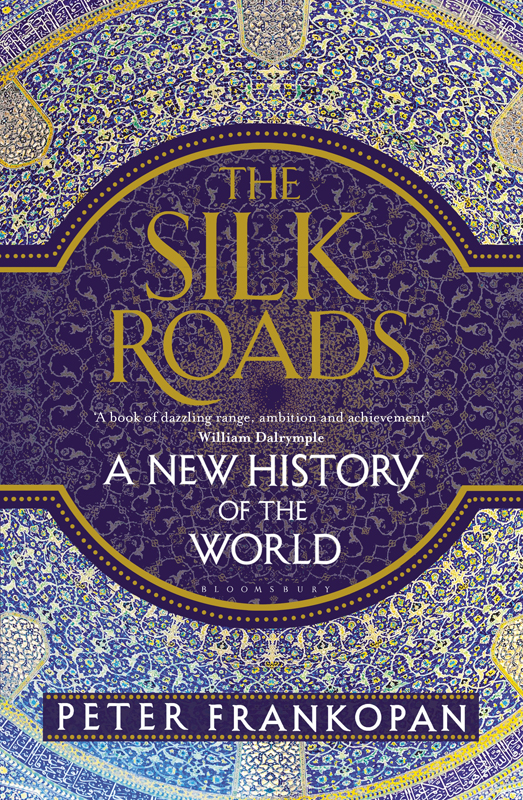The Silk Roads - Peter Frankopan

## Metadata
- Author: **Peter Frankopan**
- Full Title: The Silk Roads
- Category: #books
## Highlights
- To judge from the account of a Korean traveller, the velocity of trade seems to have increased in the late fifteenth century. In the port of Suzhou, around seventy miles from Shanghai, ships were gathering ‘like clouds’, wrote Ch’oe P’u, waiting to take their shipments of ‘thin silks, gauzes, gold, silver, jewels, crafts’ to new markets. The city was filled with rich merchants and boasted impressive standards of living. ‘The people live luxuriously,’ he wrote enviously, noting that ‘market quarters are scattered like stars’ in this rich and fertile region.[3](private://read/01jx9aq4ne3t1phrnhd9aj0mm7/9781408839966_28_Notes.xhtml#ifan935) Although this was promising, the key lay not in the harbours of the Chinese Pacific coast but thousands of miles away, in the Iberian peninsula. ([View Highlight](https://read.readwise.io/read/01jy0j4gn79w1k30emyqbys2qt))
- This outlook was captured perfectly in the ‘nabob’, the term given to East India Company officials who did absurdly well for themselves in Asia. They behaved like hoodlums and loan sharks, lending money locally at exorbitant rates of interest, using Company resources for their own benefit and creaming outrageous profits off transactions for themselves. It was the Wild East – a prelude to similar scenes in the west of North America a century later. Go to India, the memoirist William Hickey’s father told him, and ‘cut off half a dozen rich fellow’s heads . . . and so return a nabob’. Serving the EIC in India was a one-way ticket to fortune.[48](private://read/01jx9aq4ne3t1phrnhd9aj0mm7/9781408839966_28_Notes.xhtml#ifan1155) ([View Highlight](https://read.readwise.io/read/01jy9a6jmvq38kyt7szpj6fj30))